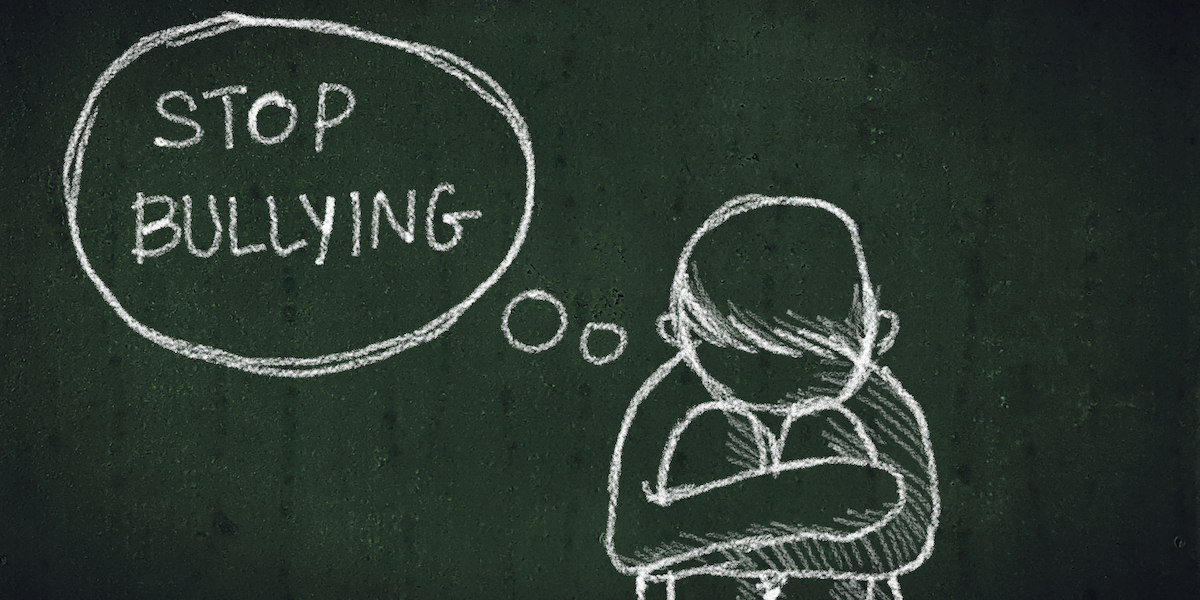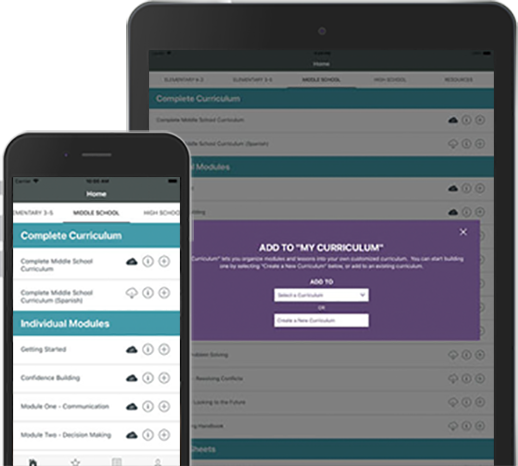Bullying Is Not a Rite of Passage
Posted: October 23, 2019By Vincenzo Capone, Managing Director of Overcoming Obstacles

When I was in fourth grade, a new student who had just immigrated to the U.S. joined my class. He had a really thick accent. This, perhaps unsurprisingly to anyone who has struggled with a new language, made him an incredibly easy target for bullying from a group of students—a group which I was a part of, I am ashamed to admit. We laughed at him for how he pronounced words, mocked his accent, and teased him constantly. And, while it was only a handful of us who actively bullied him, no one stood up for him despite plenty of other students witnessing what was going on. From what I could tell, he was isolated and alone.
I wish I could say that, eventually, I came around. That empathy took hold and I was able to see how horribly my fellow classmates and I were treating him. That I apologized for my actions and began to show him the kindness and respect he deserved. But I didn’t. He eventually left our school, and I moved on—unchallenged and unchanged. Reflecting on how I treated him still weighs on me to this day, and I often think of how disrespectful and mean I was to someone else for no reason at all, and how I made his life a little worse each day. I truly hope he is happy now despite how he was treated in school.
As embarrassed and ashamed as I am for treating him this way, I wanted to share this experience during National Bullying Prevention Month in response to some of the blogs I have read. Many people—whether as victims of bullying, witnesses to it, or (like me) former bullies themselves—are using this month to increase awareness on how damaging and dangerous bullying can be while also advocating for a safer, bully-free school environment. But if you read enough of these posts, you’ll eventually come across comments from others who suggest bullying is just a part of life and that kids should learn to accept it and how to deal with it. They argue that trying to combat bullying is just an effort to keep kids from getting their feelings hurt and, in turn, is making them weak and overly sensitive. They provide anecdotes on how they were bullied and turned out not only okay, but tougher, more thick-skinned, and overall stronger people. They present bullying as a form of character development. When I read these comments, I think back to the kid I bullied in elementary school and wonder if he would agree that the verbal and psychological abuse he endured helped him build character and made him a better person.
The fact is, bullying is not a rite of passage and it’s not something we should accept as an unavoidable part of life. Writing off bullying allows people to divorce themselves from the humanity of others. It’s dangerous and can be detrimental to a young person’s development. Research shows that victims of bullying are at a greater risk for developing mental health problems in their early adulthood, more likely to face unemployment, and—worst of all—nine times more likely to attempt suicide.
And bullying doesn’t suddenly stop once we leave the classroom. While we probably don’t have to worry about getting shoved while walking to our desk at work, over 75% of people have experienced bullying in the workplace in some form. Maybe they were screamed at by their boss in public, or given the silent treatment from coworkers, or left out of office activities. The fact is, bullying will follow us throughout our lives, and it will continue unless we take steps to stop it entirely. And the way to do that is through a life skills education.
There wasn’t a dedicated life skills class in my school, so it wasn’t until later that I learned the importance of empathy and the impact of my words and actions. But if I had learned them earlier—if I had been taught how to empathize with others, how to control my emotions, how to give and earn respect, and how to speak responsibly—I would have treated my classmate differently.
The Overcoming Obstacles K-12 curriculum is available free so that everyone and anyone can teach their students life skills and work towards a bully-free future. You can read about the effectiveness of the curriculum here. If you would like to start teaching life skills, register for an account at overcomingobstacles.org today and gain access to every one of our elementary, middle, and high school lessons absolutely free.





